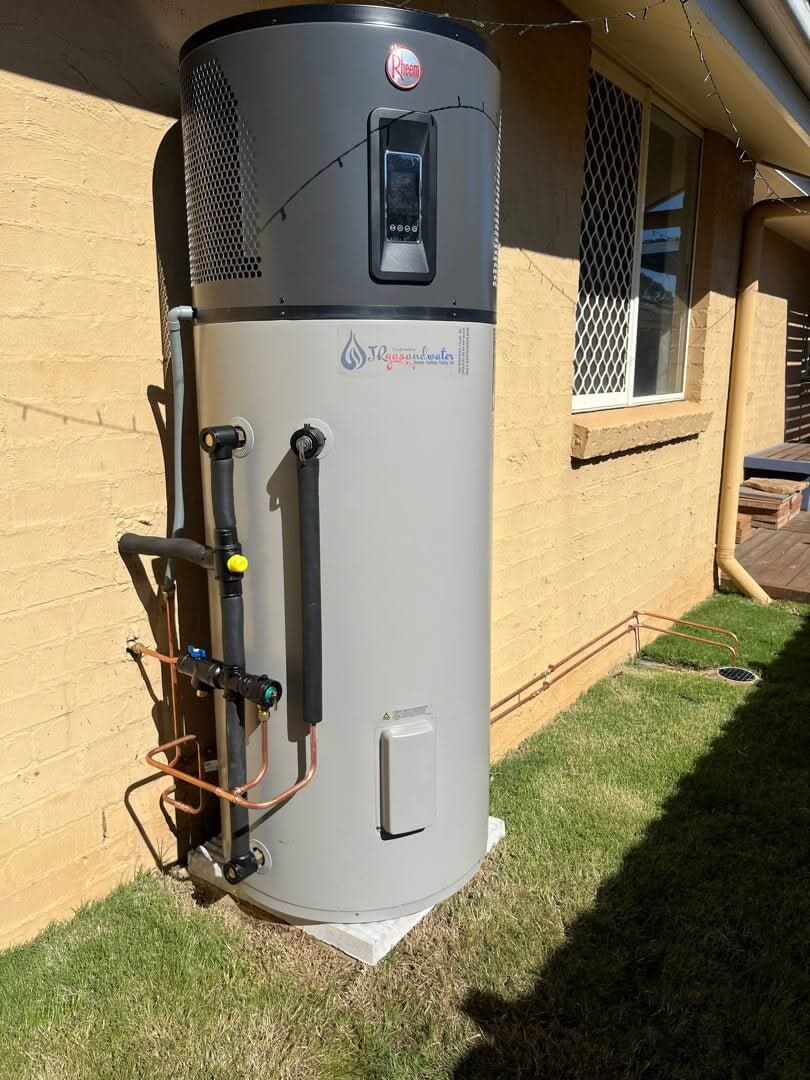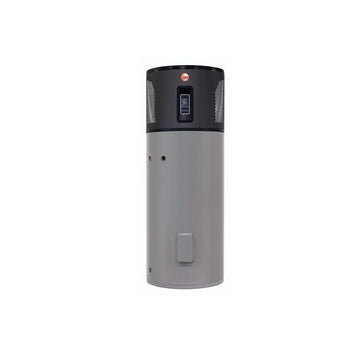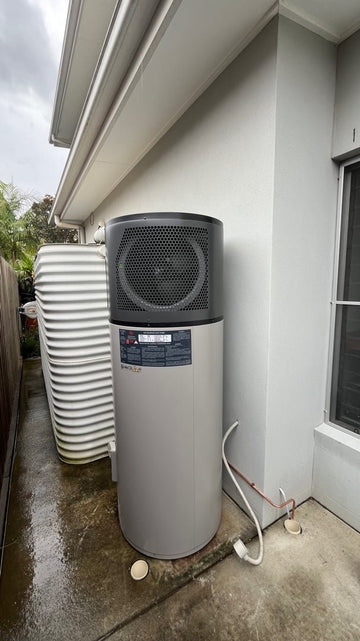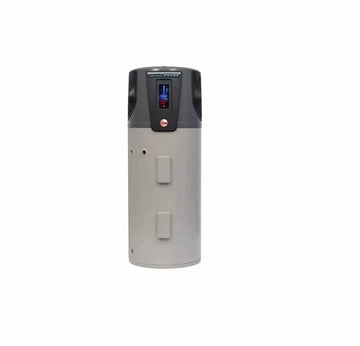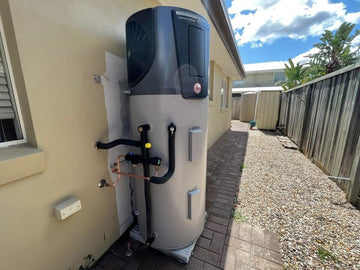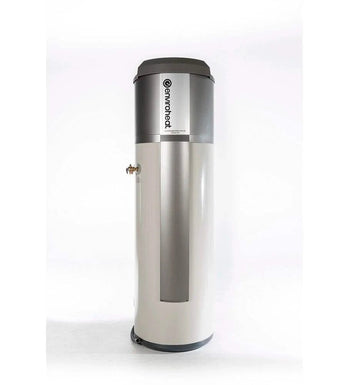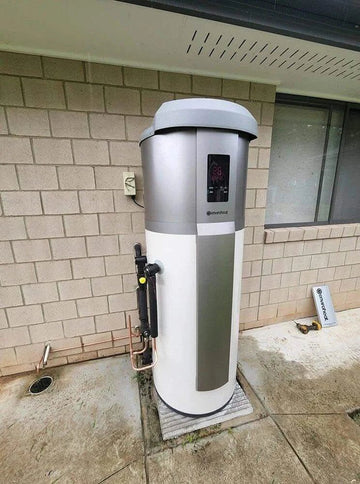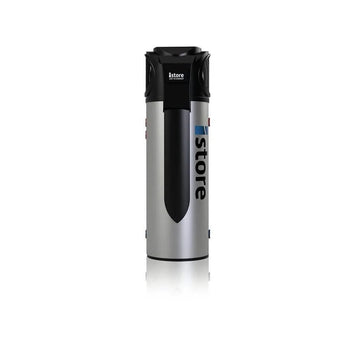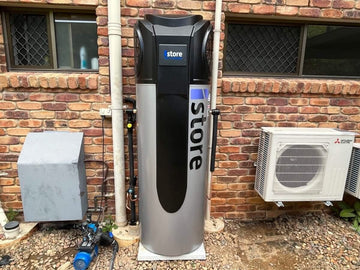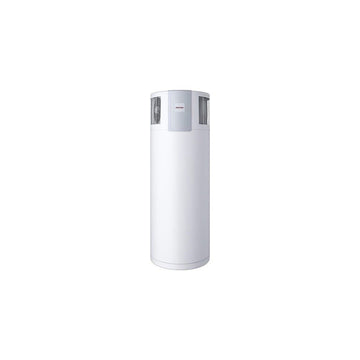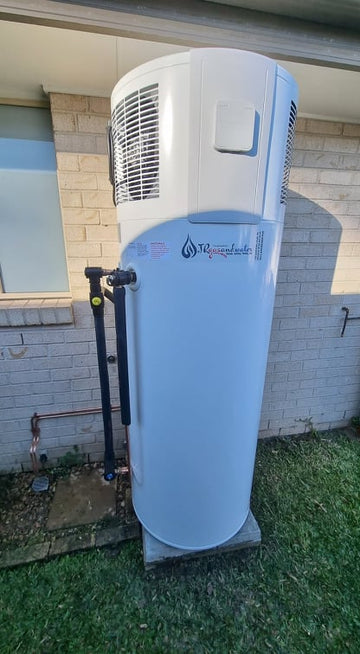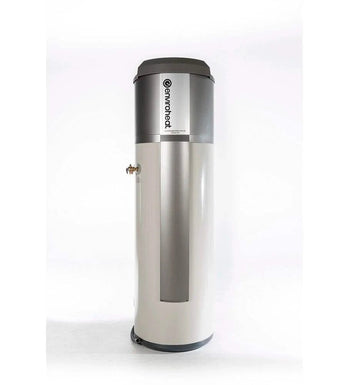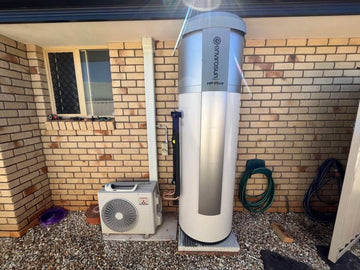Top Hot Water System Base Options for Your Home
Introduction
Choosing the right hot water system base is crucial for maximizing efficiency, durability, and cost-effectiveness. Whether you’re selecting an electric, gas, solar, or continuous flow system, understanding their advantages and limitations will help you make an informed decision.
Key Takeaways
✅ Primary hot water system types include electric, gas, solar, and continuous flow systems, each with unique benefits and considerations.
✅ Energy efficiency and household hot water needs play a crucial role in selecting the right system.
✅ Upfront costs vary, with solar systems having higher initial costs but lower running expenses over time.
Types of Hot Water System Bases
Electric Hot Water System Bases
📌 How It Works:
-
Heats water using an electric element within a heat exchanger.
-
Stores hot water in an insulated tank until needed.
✔ Affordable upfront costs. ✔ Easy to install and maintain. ✔ Lifespan: 10-15 years. ❌ Higher running costs compared to gas or solar.
Gas Hot Water System Bases
📌 How It Works:
-
Uses a gas burner to heat water inside a heat exchanger.
-
Available in storage and instantaneous models.
✔ Heats water quickly – ideal for larger households. ✔ Lower running costs than electric. ✔ Lifespan: 8-12 years. ❌ Requires gas connections and proper ventilation.
Solar Hot Water System Bases
📌 How It Works:
-
Captures solar energy to heat water stored in a tank.
-
Often includes an electric or gas booster for backup heating.
✔ Provides up to 90% of hot water needs in sunny climates. ✔ Significant long-term cost savings. ✔ Low environmental impact. ❌ Higher initial cost ($2,000 - $7,000+). ❌ Relies on sunny conditions; may need backup heating.
Continuous Flow (Tankless) Hot Water System Bases
📌 How It Works:
-
Heats water on demand as it flows through a heat exchanger.
-
Eliminates the need for a storage tank.
✔ Never runs out of hot water. ✔ More energy-efficient as no standby heat loss. ✔ Compact & space-saving. ✔ Lifespan: 15-20 years. ❌ Higher initial cost compared to storage systems.
Choosing the Right Hot Water System Base
Assessing Your Household’s Needs
🏠 Consider the following:
-
Household size – More people = higher water demand.
-
Water usage habits – Showers, dishwashing, and laundry.
-
Space availability – Storage tanks require significant room.
📌 Example: Continuous flow systems are ideal for large households as they provide unlimited hot water, while electric or gas storage is more suitable for smaller homes.
Energy Efficiency Considerations
⚡ Key energy efficiency insights: ✔ Gas systems heat faster & cost less to run than electric models. ✔ Solar systems lower emissions and offer long-term savings. ✔ Electric systems work best when paired with off-peak tariffs.
💡 Want to cut costs? Consider an energy-efficient heat pump water heater, which uses up to 70% less energy than traditional models.
Installation & Maintenance Factors
🔧 What to consider: ✔ Installation complexity – Some systems (gas & solar) require professional setup. ✔ Space requirements – Storage tanks need room, while continuous flow systems are compact. ✔ Compliance with local regulations – Ensure proper permits & safety checks. ✔ Regular maintenance – Descaling, anode rod replacement, and leak inspections extend lifespan.
📌 Pro Tip: Hiring licensed professionals like JR Gas & Water ensures your system is installed correctly and safely.
Cost Comparison of Hot Water System Bases
Initial Purchase Costs
💰 Upfront costs vary significantly: ✔ Electric storage: $300 - $1,500 ✔ Gas storage: $900 - $2,000 ✔ Gas continuous flow: $600 - $2,000 ✔ Heat pumps: $2,500 - $4,000 ✔ Solar: $2,000 - $7,000+
📌 Weigh the initial cost against long-term savings to make the best choice.
Running Costs & Savings
⚡ Annual running costs: ✔ Electric storage: ~$1,442 ✔ Gas storage: ~$920 ✔ Solar (with gas booster): ~$502
📌 Solar systems offer the best long-term savings, despite their higher initial costs.
Installation & Compliance
Professional Installation Services
🔧 Why hire professionals? ✔ Ensures correct installation & efficiency. ✔ Minimizes safety hazards & compliance issues. ✔ Meets local plumbing & electrical codes.
📌 JR Gas & Water provides expert installations across Brisbane & Gold Coast.
Maintenance & Longevity
Regular Inspections
🔎 Key maintenance tasks: ✔ Flushing tanks to remove sediment. ✔ Checking & replacing anode rods. ✔ Inspecting for leaks, corrosion, and insulation issues.
Environmental Benefits of Energy-Efficient Hot Water Systems
🌱 Go green with: ✔ Solar hot water systems – Reduce carbon emissions by up to 50-90%. ✔ Heat pump water heaters – Consume 70% less energy. ✔ Continuous flow gas systems – Reduce wasted energy vs. storage tanks.
📌 Choosing an efficient system not only saves money but helps the planet.
Summary
✔ Choosing the right hot water system depends on your household size, budget, and energy efficiency goals. ✔ Solar and continuous flow systems offer long-term savings, while electric and gas storage models may have lower upfront costs. ✔ Government rebates and incentives can help offset costs. ✔ Proper installation and regular maintenance will extend the lifespan and efficiency of your system.
🚀 Still unsure? Let JR Gas & Water help you choose the best hot water system for your home.




